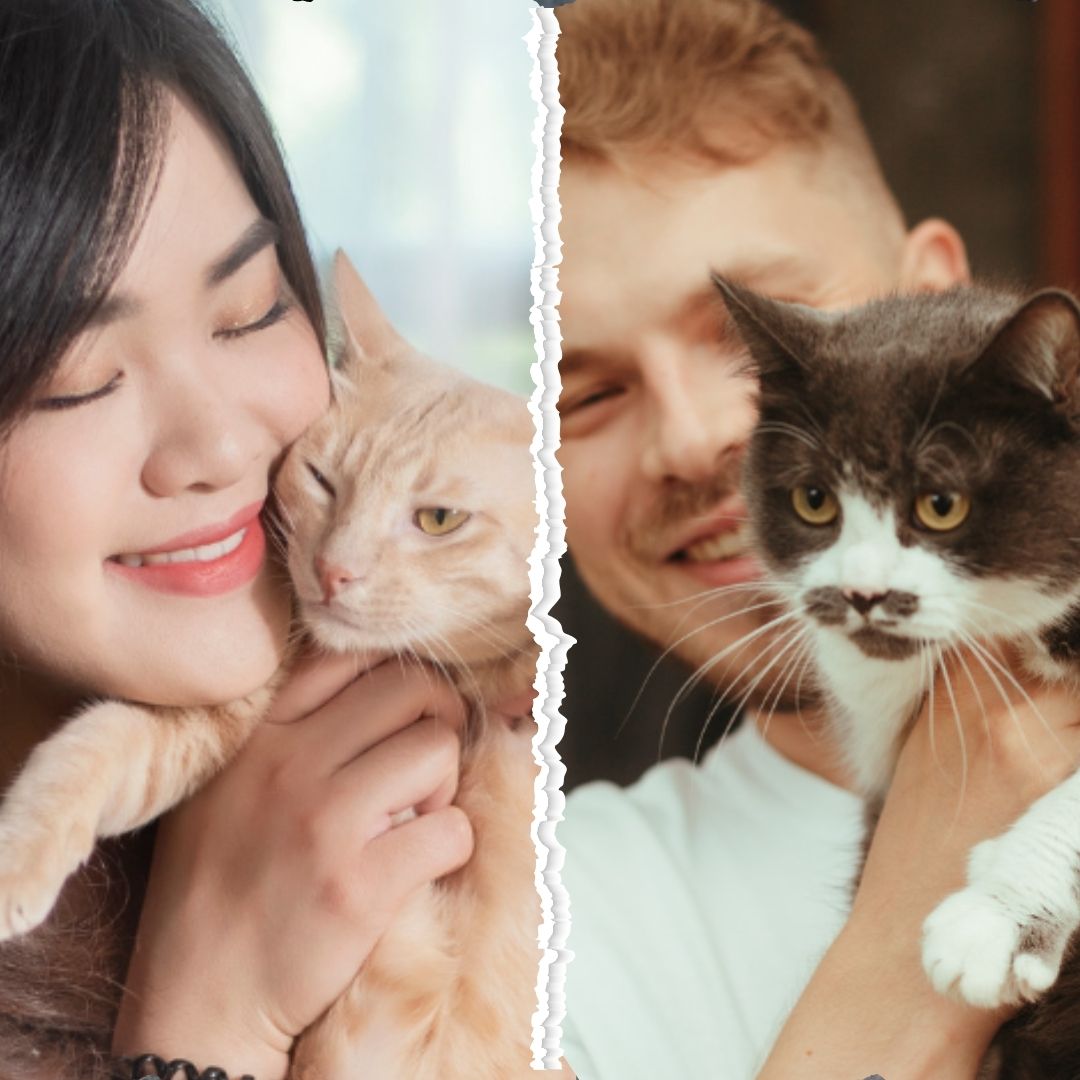
Are Cats More Fond of Female Owners than Male Owners?
Share
Cats: mysterious, independent, and often unpredictable in their affections. As cherished companions for centuries, they've earned a reputation for being selective in their bonds with humans. One common belief is that cats show a preference for female owners over male counterparts. But is there any truth to this perception, or is it merely a myth?
The Science Behind It:
Scientific studies addressing this specific preference are limited, leaving us to rely on anecdotal evidence and general feline behavior studies. Cats, by nature, are individuals with unique personalities, making it challenging to generalize preferences based solely on gender.
Socialization and Past Experiences:
A cat's behavior towards a specific gender might be influenced by past experiences or the socialization it received as a kitten. For instance, if a cat had positive experiences with women during its early developmental stages, it might naturally gravitate towards women later in life.
Tone of Voice and Body Language:
Studies show that cats are more responsive to certain tones of voice and body language. Females might use higher-pitched and softer tones that resonate better with cats, which could potentially be more appealing to them.
Time and Attention:
While not inherent to a specific gender, the amount of time and attention given to a cat can greatly influence its bond with its owner. Cats are known for their independence, yet they still crave interaction and affection. Consistent care, playtime, and affection from any owner, regardless of gender, can strengthen the human-feline bond.
Personal Stories and Anecdotes:
Many cat owners have their own stories to tell. Some may affirm the belief that their cats seem to prefer one gender over another, while others may contradict this notion entirely. These personal experiences, while subjective, contribute to the ongoing discussion about feline preferences.
Breaking Stereotypes:
It's crucial to remember that generalizations based on gender might not apply universally. Cats, like humans, have diverse personalities and preferences. Some cats may bond more closely with men, enjoying their deeper voices and playful interactions. Others may show no bias whatsoever, forming strong attachments to anyone who provides care and affection.
Conclusion:
The idea that cats prefer female owners over male owners remains largely anecdotal. While there might be instances where cats seem to exhibit a preference for a certain gender, numerous factors contribute to a cat's behavior and choices. Past experiences, socialization, individual personalities, and the quality of care and attention provided play pivotal roles in shaping a cat's relationship with its owner.
In essence, the gender of the owner is just one of many variables influencing the unique bond between a human and their feline companion. The love and care bestowed upon a cat, irrespective of gender, ultimately determine the strength of their connection.
So, while the stereotype persists, the reality is far more complex. Cats, with their enigmatic ways, continue to surprise and charm us with their individuality, regardless of the gender of their beloved human companions.
In the end, it's not about whether cats prefer female or male owners—it's about the mutual affection, understanding, and companionship shared between them.

1 comment
Thank You…
Great info..